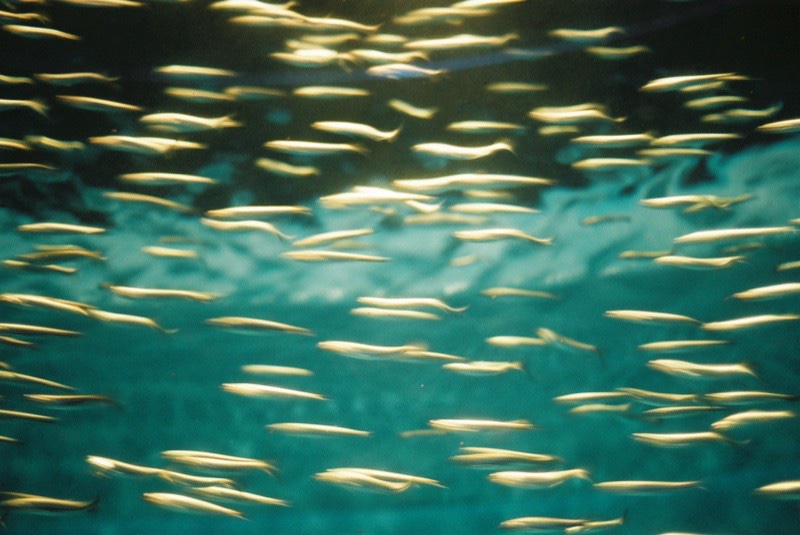^ The wonder of childhood feels like this in my memory — rapid flashes with the occasional moment of brilliant clarity.
When we speak about childlike wonder we are drawing on a time when wonder was as innate as breath. For children, wonder is practically key to their survival. Wonder is synonymous with a child’s fluid acquisition of language and their drive to discover and define the seemingly infinite new things that get introduced to their senses. Our nacent sense of wonder is our earliest guide to the world.
It’s strange that we relegate wonder to the realm of childhood. To me, it feels just as innate and necessary to adult life — we adults are just unfortunately good at suppressing wonder. Because we tend to tag wonder as a child state, it becomes too susceptible to being derided as frivolous.

Wonder deserves to be cultivated. A strong sense of adult wonder deepens our understanding and appreciation of everything around us. Wonder is amazingly not finite. I was thinking about wonder metaphorically as a choose-your-own-adventure system for discovery. Every observation, experience, and question are paths we take that always lead to further wonder if we let them. And the choices available often splay out before us iterating like fractal branches.
In a sense, wonder shared is culture. We bond to each other through mutual experience of our senses and our intellectual and aesthetic pursuits are formed almost wholly from our fascination with both describing and evoking wonder.
I felt compelled to write this as I can occasionally see the barriers I impose on my own strong sense of wonder. I sometimes need to remind myself that wonder is right there, as involuntary as breath to me, if I don’t hold it in.
